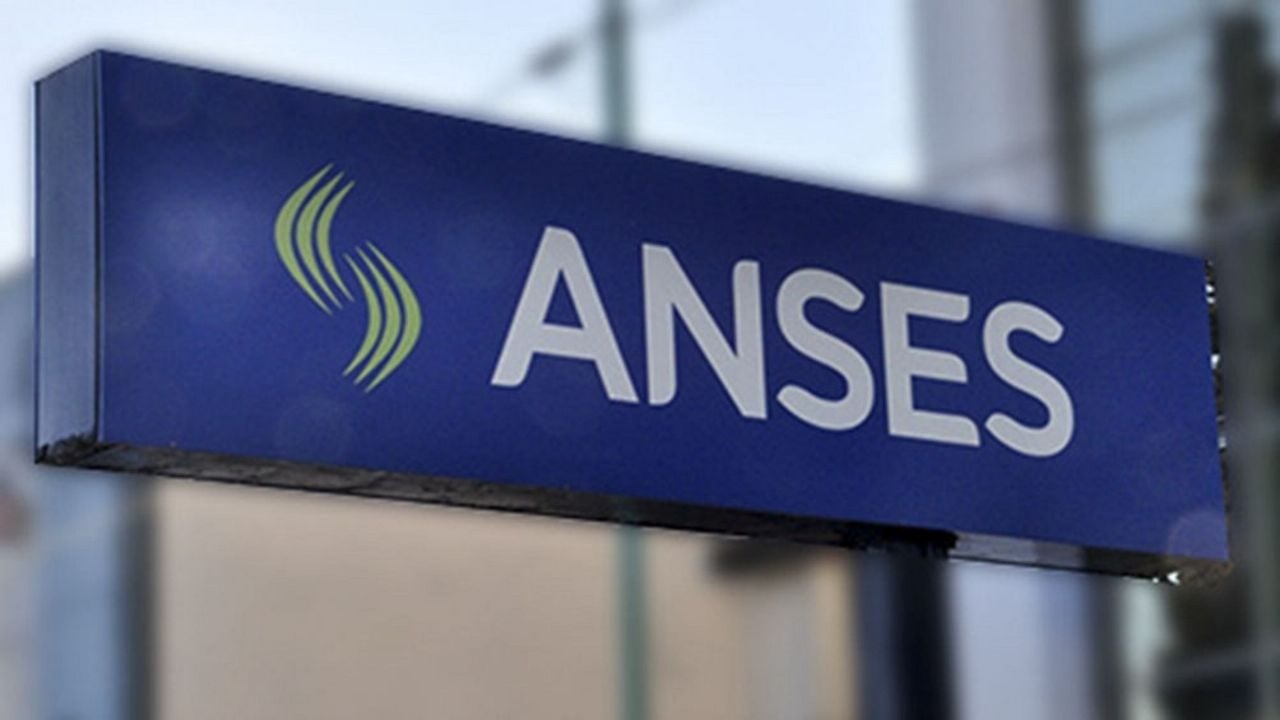The National Social Security Administration (ANSES) continues with its payment schedule for the month of August. This Thursday, August 22, several groups of beneficiaries will receive their salaries, including retirees, pensioners and holders of various benefits.
One of the most important groups of ANSES Those who will receive their payments this Thursday are retirees and pensioners whose income exceeds the established minimum. On this occasion, beneficiaries with documents ending in 0 and 1 will receive their payments.
This group represents a large number of people who depend on this income to cover their basic needs, such as food, housing and medicine. The ANSES has implemented a staggered payment system to avoid crowds at banks and ensure that all beneficiaries can collect their wages in an orderly and safe manner..
This system also allows retirees and pensioners to better plan their finances, since they know in advance when they will receive their payments. Another group that will receive their payment this Thursday are the holders of the Universal Pregnancy Allowance (AUE) with documents ending in 9.

The ANSES will also make Unemployment Benefit payments to beneficiaries with documents ending in 2 and 3. This benefit is intended for people who have lost their jobs and meet the requirements established by law.
This Thursday, payments will also be made for Non-Contributory Pension Family Allowances (PNC) and Single Payment Allowances, which include marriage, birth and adoption. These allowances are available for all document completions until September 10.

Assignment
Family Allowances of ANSES They are an essential component of the social security system in Argentina, as they provide financial support to families with minor children. These allowances help cover expenses related to raising and educating children, thus contributing to the well-being of families and the comprehensive development of minors.
On the other hand, Lump-sum Allowances are designed to support families at specific life moments, such as marriage, the birth of a child, or adoption. These one-time payments help cover the initial expenses associated with these events and provide financial relief at times of significant change.


















